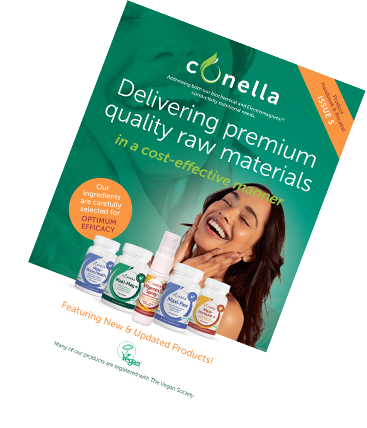The right to act and think according to our own powers of decision-making, our ethical code and widely available information. It’s even enshrined in law. The Universal Declaration of Human Rights. Article 18 states: “Everyone has the right to freedom of thought, conscience and religion.”
Research into the effects of COVID-19 and the pandemic on gut health
Recently, research was carried out into the effects of COVID and the pandemic on gut health. The findings were presented at Digestive Disease Week earlier in May. Juan Pablo Stefanolo, MD, found that surprisingly, the pandemic had not worsened patients' irritable bowel syndrome (IBS), but had actually improved it in the majority of cases.
Blood tests were originally envisaged as a way of helping to diagnose diseases. Since their inception, the number of ailments tested for has risen dramatically, along with the volume of ‘routine’ tests we’re exposed to.
The latter are typically carried out when there is nothing actually wrong with the patient. While these may be slightly unpleasant, they’re viewed as a necessary evil because they’re only minimally invasive and can yield supposedly valuable information about our health.
A phrase that’s often used to justify these blood tests is ‘better safe than sorry. However, while these may seem like only a minor inconvenience, it’s easy to lose sight of the enormous amount these tests cost the National Health Service each year.
What if everything we thought we knew about nutrition was wrong, and instead of relying on high daily intake levels of key nutrients we could simply reconnect with our ability to trans mutate all our daily nutritional needs. Just consider for a moment about the infinite possibilities this would reveal for mankind.
There’s a myth that alchemy is simply devoted to creating gold and other precious substances from base metals like lead.
According to a recent study, omega-3 supplements may improve sleep among those whose diets are low in fish. This research found that DHA was particularly beneficial for individuals suffering from insomnia and sleep disturbances.
Tufts University’s Dr Katherine Tucker and colleagues recently conducted a study in the US, which found that men and women with lower levels of B12 (below 148 pM) had a reduced bone mineral density, leading to an increased risk of fractures and poorer overall bone health.
According to new research published in the Nutrition Journal, taking Vitamin C as a supplement could help improve your mental health. The research looked at the emotional well-being of acute care patients in hospitals and how their mood was boosted by increasing Vitamin C levels over time. The study went on to report that mood response levels shot up by 34% on the patients in question after increased supplementation with this amazing vitamin.
According to the researchers, who published their findings in a journal titled 'Nutrients', they observed notably lower levels of selenium and zinc in Alzheimer’s patients when compared to healthy subjects. This indicates that the consumption of certain foods had a significant impact on serum levels.
When people strongly believe something to be right, they often refer to ‘knowing its right in their bones’, yet how often do we stop to consider what’s really right for our bones and our bone health, often ignoring their needs until problems occur, usually later in life, in our hips knees etc.
According to research published in the American Journal of Clinical Nutrition in 2008, a nutrient known as choline can impact the metabolism of an amino acid known as homocysteine and therefore act as a risk factor for heart disease.










